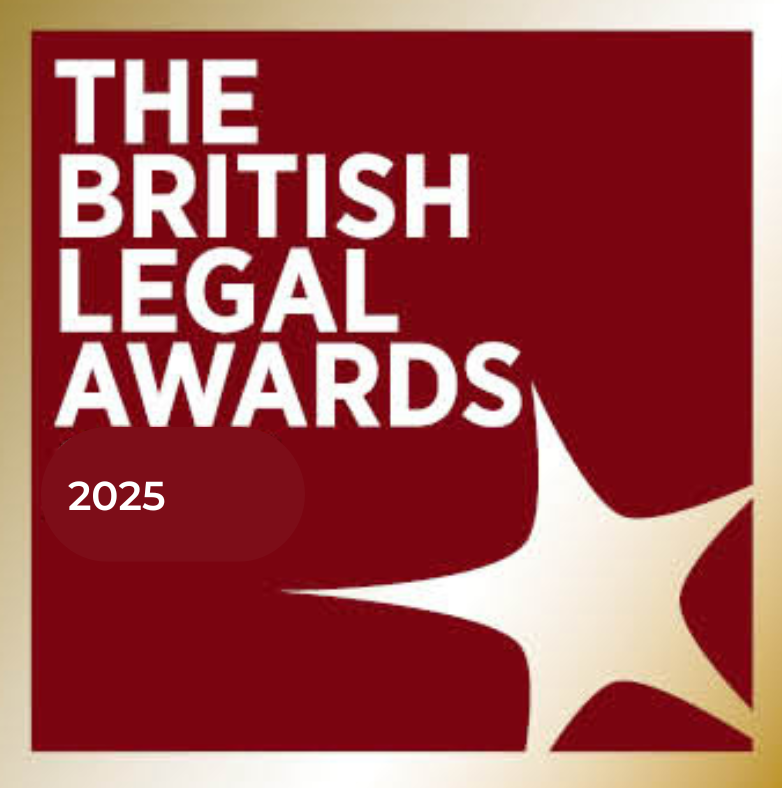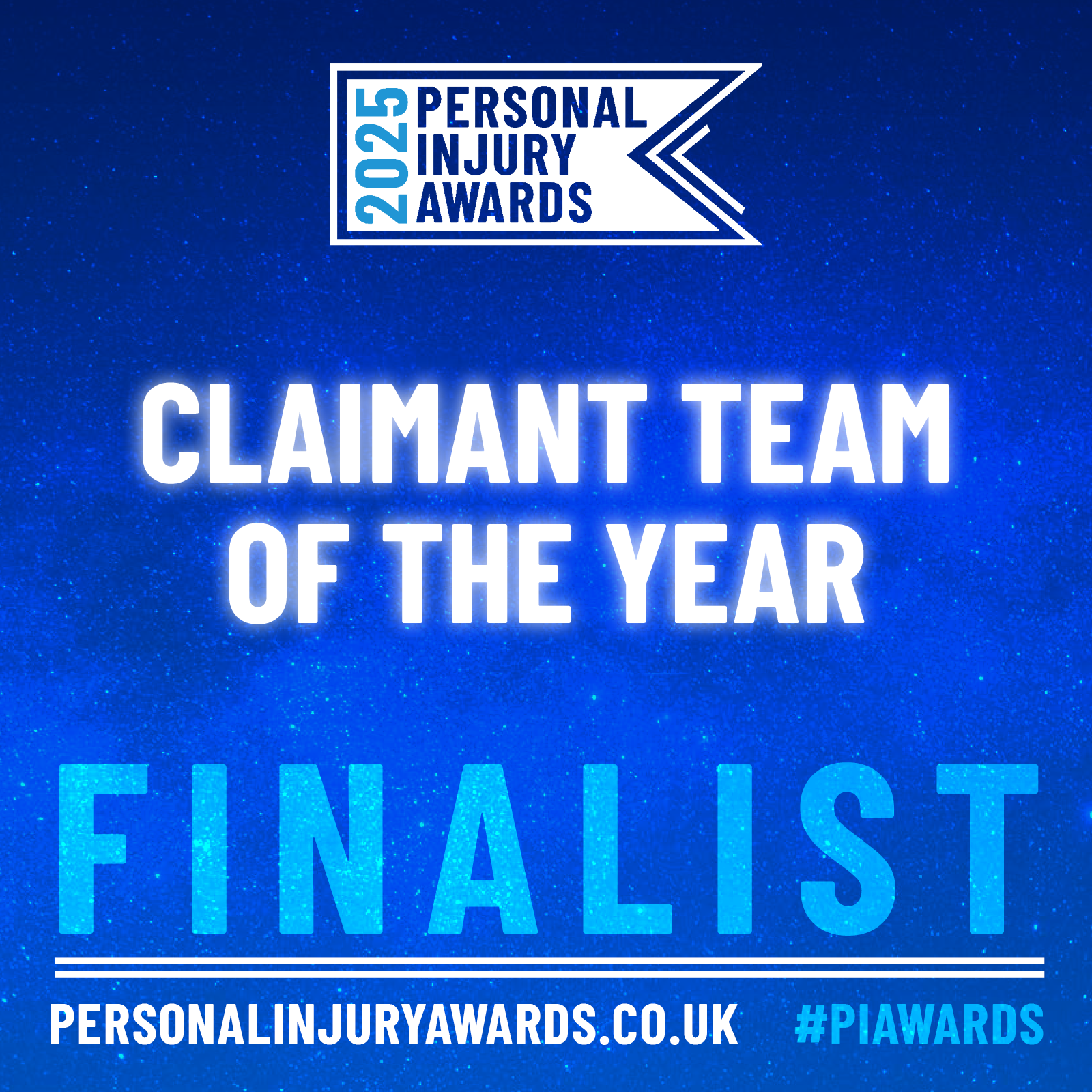Facing a Police Interview? Here’s What You Need to Know
Early Legal Support Can Make All the Difference
Being asked to attend a police interview—whether voluntarily or under arrest—is often the first sign that you’re under suspicion. It’s a formal process where officers question you about your possible involvement in a criminal offence. Even for those familiar with the system, it can be a stressful and uncertain experience.
At IMD Solicitors, we’re here to guide you through it with clarity, confidence, and strategic legal support. Call us on: 0330 107 0107 or 0730 550 0824 between 9:00 a.m. and 8:00 p.m.

The Interview Is Just the Beginning
Many people assume that once the interview is over, the police will decide what happens next. In reality, the decision to charge is usually passed to the Crown Prosecution Service (CPS), and that process can take weeks—or even months.
During this time, suspects are often left in limbo, unsure of what evidence has been gathered or how their case is being assessed. That’s why early legal advice is so important.

What Happens If You’re Charged?
A criminal charge means formal proceedings have begun. You’re no longer just a suspect—you’re now the accused.
The CPS is responsible for deciding whether to prosecute. They apply what’s known as the Full Code Test, which asks two key questions:
- Is there enough evidence to give a realistic chance of conviction?
- Is it in the public interest to pursue the case?
If both answers are yes, a charge is likely to follow. And with that comes the risk of serious consequences—loss of employment, damage to reputation, a criminal record, even imprisonment or deportation.

Pre-Charge Representation: Your Chance to Be Heard
Before the CPS makes its decision, there’s a crucial opportunity to influence the outcome: pre-charge representations.
These are written submissions made by your solicitor to ensure your side of the story is properly considered. Since the CPS relies heavily on a case file prepared by the police—often without input from the suspect—it’s vital to make sure your defence is clearly and fairly presented.

What Can Pre-Charge Representations Include?
Every case is different, but effective representations might involve:
- Highlighting weaknesses or gaps in the evidence
- Explaining your defence from your own perspective—not just the police’s
- Requesting further enquiries (e.g. CCTV, forensic testing, witness statements)
- Raising compassionate or personal circumstances
- Correcting any issues caused by poor advice during the interview
- Making legal arguments that the CPS’s charging criteria haven’t been met
This isn’t about pleading your case in court—it’s about making sure the CPS sees the full picture before deciding whether to prosecute.

Why IMD Solicitors?
We believe that early intervention can change the course of a case. By acting quickly after a police interview, we help clients present strong, well-reasoned arguments that can lead to investigations being dropped before they reach court.
Our team has extensive experience in criminal defence and understands how to challenge evidence, protect your rights, and advocate for fair treatment at every stage.
If you’ve been invited to a police interview or are awaiting a charging decision, don’t wait. Contact IMD Solicitors today for expert advice and proactive support.
Arrange a confidential discussion with our professional, multicultural criminal law team today.
Call us on: 0330 107 0107 or 0730 550 0824 between 9:00 a.m. and 8:00 p.m., or request a call back.
Awards and accreditations












IMD in the media







